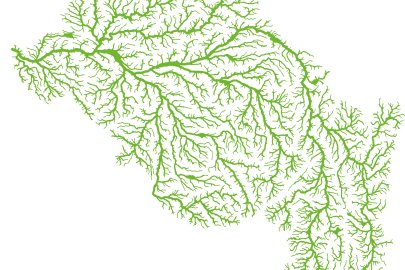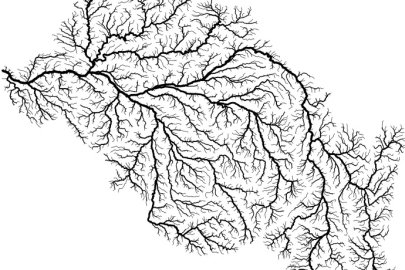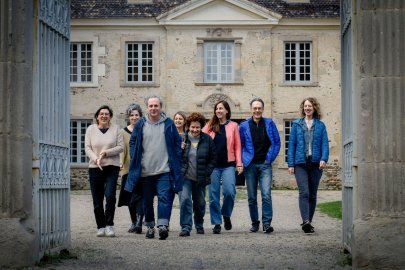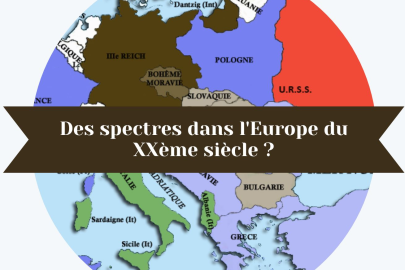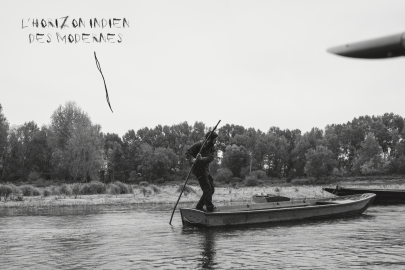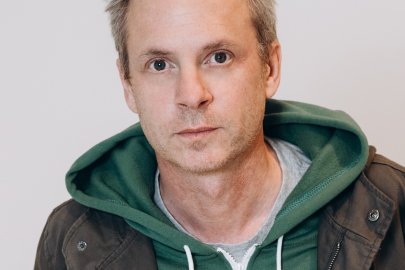How does nature speak, how does nature work?
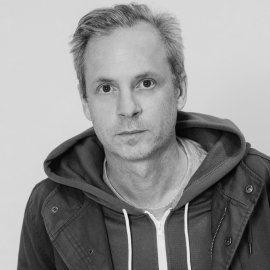
Septembre 2022 à décembre 2022 puis octobre 2023 à juin 2024 (membre associé 2023 / 2024)
Camille de Toledo is a writer, artist and doctor in comparative literature. He teaches at the Atelier des écritures contemporaines of ENSAV (Lacambre), in Brussels. He is a laureate of the Villa Medicis (2004) and of the Jan Michalski Foundation for Writing and Literature (2019). In 2008, he founded the European Society of Authors to promote ‘translation as language’.
He also writes for opera, The Fall of Fukuyama (2013) and for theatre, An Island, or the diptych PRLMNT about the fall of the European Union and the political recomposition through interspecies institutions, where environments, ecosystems will be recognised as subjects of law.
His latest novel Thésée, sa vie nouvelle (Verdier, 2020) is the winner of the Franz Hessel Prize 2021, awarded by the Villa Gillet and the Genshagen Foundation. His latest essay, Le fleuve qui voulait écrire (Ed. les liens qui libèrent, 2021) is a finalist for the environmental book prize awarded by Le Nouvel Observateur newspaper.
How does nature speak, how does nature work?
Since the beginning of the 21st century, we have been witnessing a legal upheaval of the Earth on all continents: a progressive recognition of the rights of nature, and an increasingly frequent personalisation of non-human entities, rivers, forest ecosystems, certain plants or animals...
This legal shift raises questions for all fields of knowledge. During the residency, the aim is to lay the foundations for a long-term seminar on two research topics: how does nature speak? ( biosemiotics, language, translation of non-humans) and how nature works? (on the political economy to be born from this recognition of the rights of nature).
Essays - stories
- Archimondain Jolipunk ; confessions d'un jeune homme à contretemps, Calmann-Lévy, 2002
- Visiter le Flurkistan ou les illusions de la littérature monde, Editions PUF, 2007
- Le Hêtre et le Bouleau. Essai sur la tristesse européenne, Éditions du Seuil, coll. « La Librairie du XXIe siècle », 2009
- Les Potentiels du temps, Art & Politique, avec Aliocha Imhoff et Kantuta Quiros, Manuella éditions, 2016
Novels
- L'Inversion de Hieronymus Bosch, Verticales, 2005 Traduction espagnole sous le titre En época de monstruos y catástrofes (Au temps des monstres et des catastrophes), éd. Alpha Decay, trad. Juan Asis, 2012.
- Vies et mort d'un terroriste américain, Verticales, 2007
- Vies pøtentielles, micro-fictions, Seuil, coll. « La Librairie du XXIe siècle », 2011
- Oublier, trahir, puis disparaître, Seuil, coll. « La Librairie du XXIe siècle », 2014
- Le livre de la faim et de la soif, Gallimard, 2017
- Herzl. Une histoire européenne, avec Alexander Pavlenko (illustrations), Denoël Graphic, 2018
- Thésée, sa vie nouvelle, Verdier, 2020
- Le Fantôme d'Odessa, avec Alexander Pavlenko (illustrations), éd. Denoël Graphic, 2021
- Le fleuve qui voulait écrire, ed. Les Liens qui Libèrent, 2021
Collection - song
- L’Inquiétude d’être au monde, Verdier, coll. « Chaoïd », janvier 2012
Opera libretto
- La Chute de Fukuyama, sur une musique de Grégoire Hetzel, créé en mars 2013 à Paris
